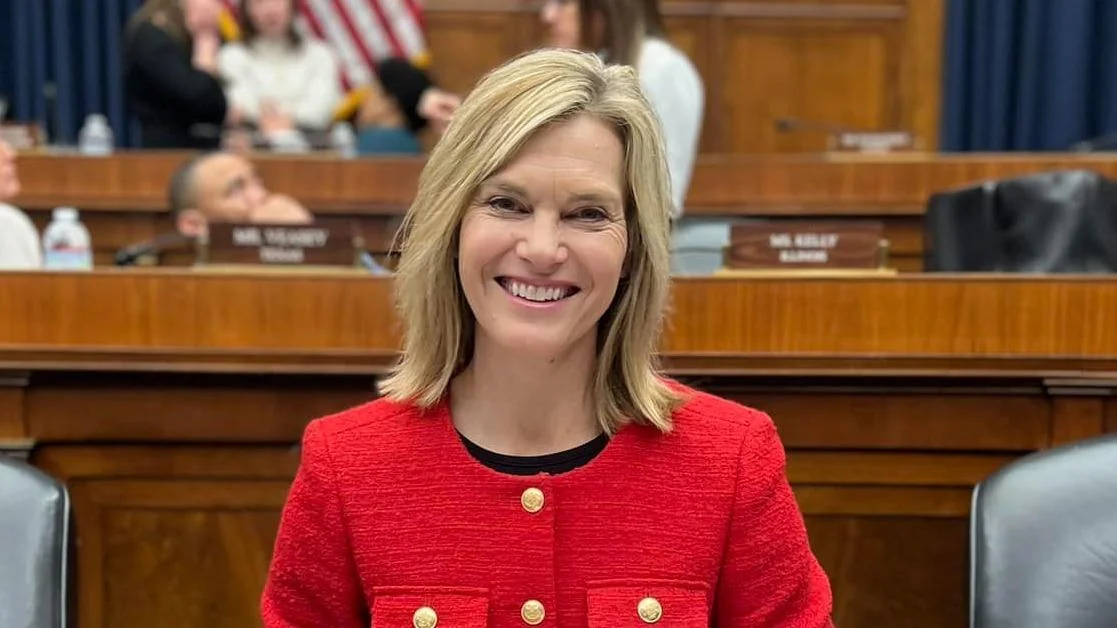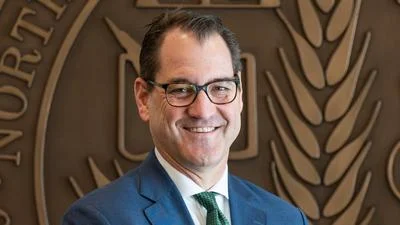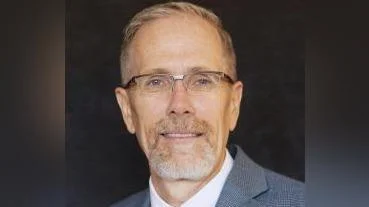Julie Fedorchak Congresswoman | Official Website
Julie Fedorchak Congresswoman | Official Website
Congresswoman Julie Fedorchak has outlined her legislative efforts to reform the permitting process for cross-border energy projects in a series of tweets posted on September 17, 2025. Fedorchak's posts detail the goals and provisions of her proposed bill, which aims to streamline regulatory procedures and enhance certainty for energy developers.
In one tweet, Fedorchak stated, "By creating a consistent statutory framework, we can provide regulatory certainty for energy developers, protect critical infrastructure from political reversals, and strengthen our energy partnerships with Canada and Mexico. Stay tuned for Floor debate tomorrow!" (September 17, 2025).
Outlining the specific measures in her bill, she wrote: "My bill addresses these challenges by establishing: Certificate of Crossing through FERC or @ENERGY, rather than @StateDept and the President FERC & @ENERGY oversight Deadlines for approving applications Congressional approval before the President can revoke permits" (September 17, 2025).
Addressing current challenges faced by cross-border oil, gas, and electricity projects, Fedorchak explained: "Under current law, permitting process for cross-border oil, gas, and electricity projects involves a mix of presidential permits, agency-specific procedures, and executive discretion. This has led to regulatory uncertainty, project delays, and permit revocations." (September 17, 2025).
The proposed changes come as part of ongoing discussions about North American energy infrastructure. Currently in the United States, major cross-border pipelines require presidential permits—an approach that has sometimes resulted in delayed approvals or permit revocations due to shifts in executive policy. The Federal Energy Regulatory Commission (FERC) is responsible for regulating interstate transmission of electricity and natural gas but does not have exclusive authority over international projects.
Fedorchak's initiative seeks to centralize decision-making within agencies such as FERC or the Department of Energy while instituting congressional oversight over permit revocations by the president. This effort reflects broader debates about balancing regulatory efficiency with environmental review processes.



 Alerts Sign-up
Alerts Sign-up